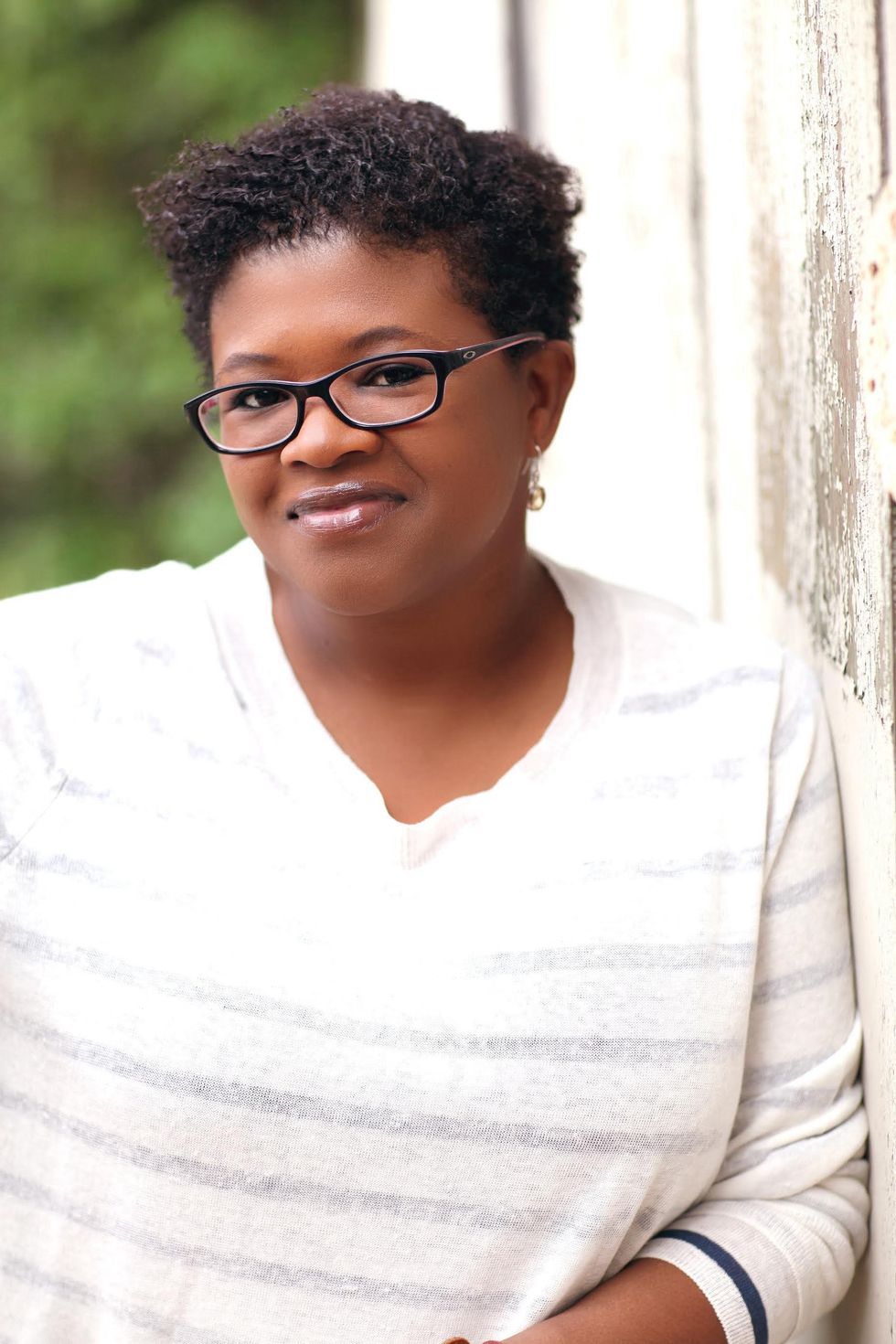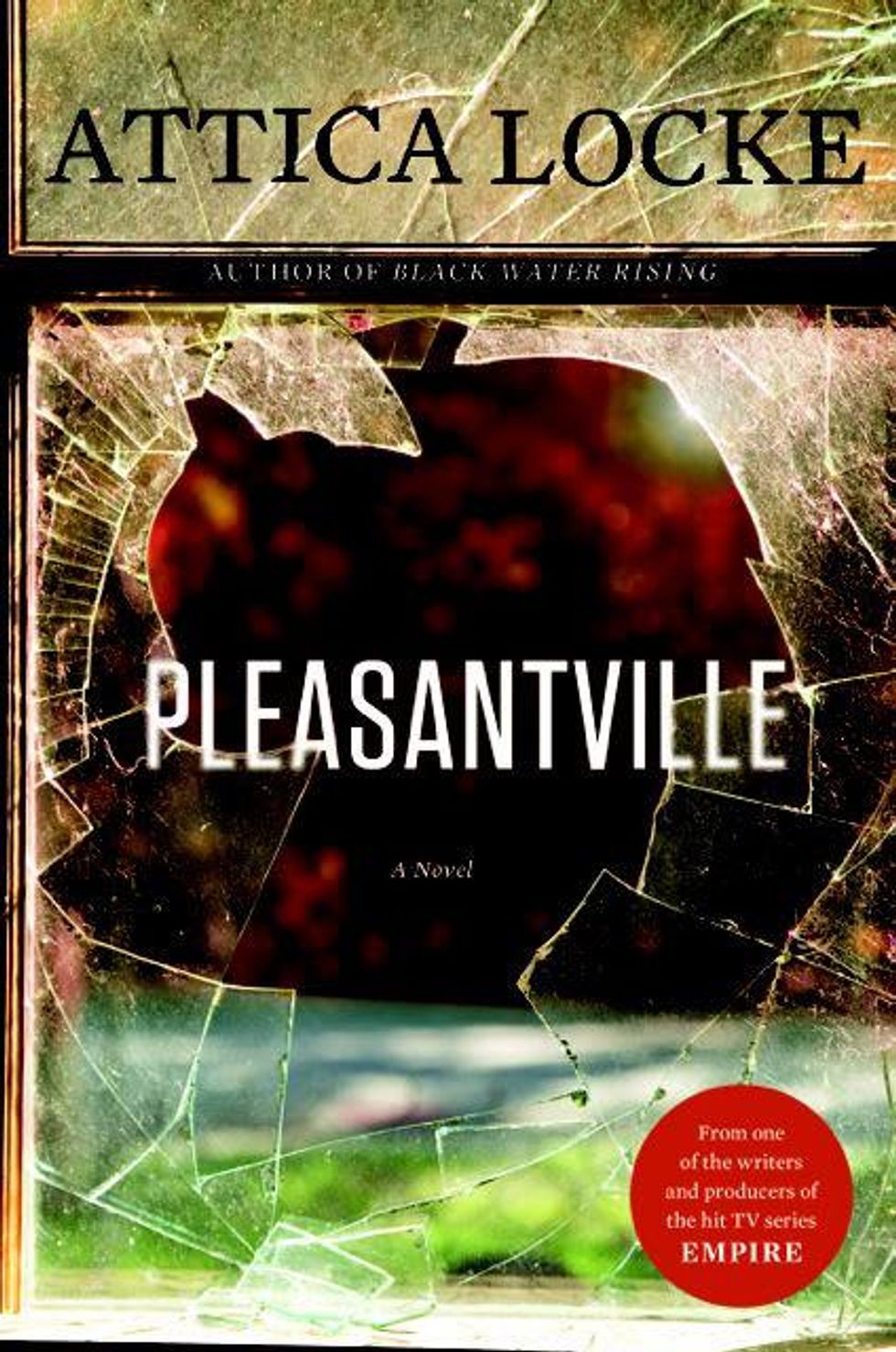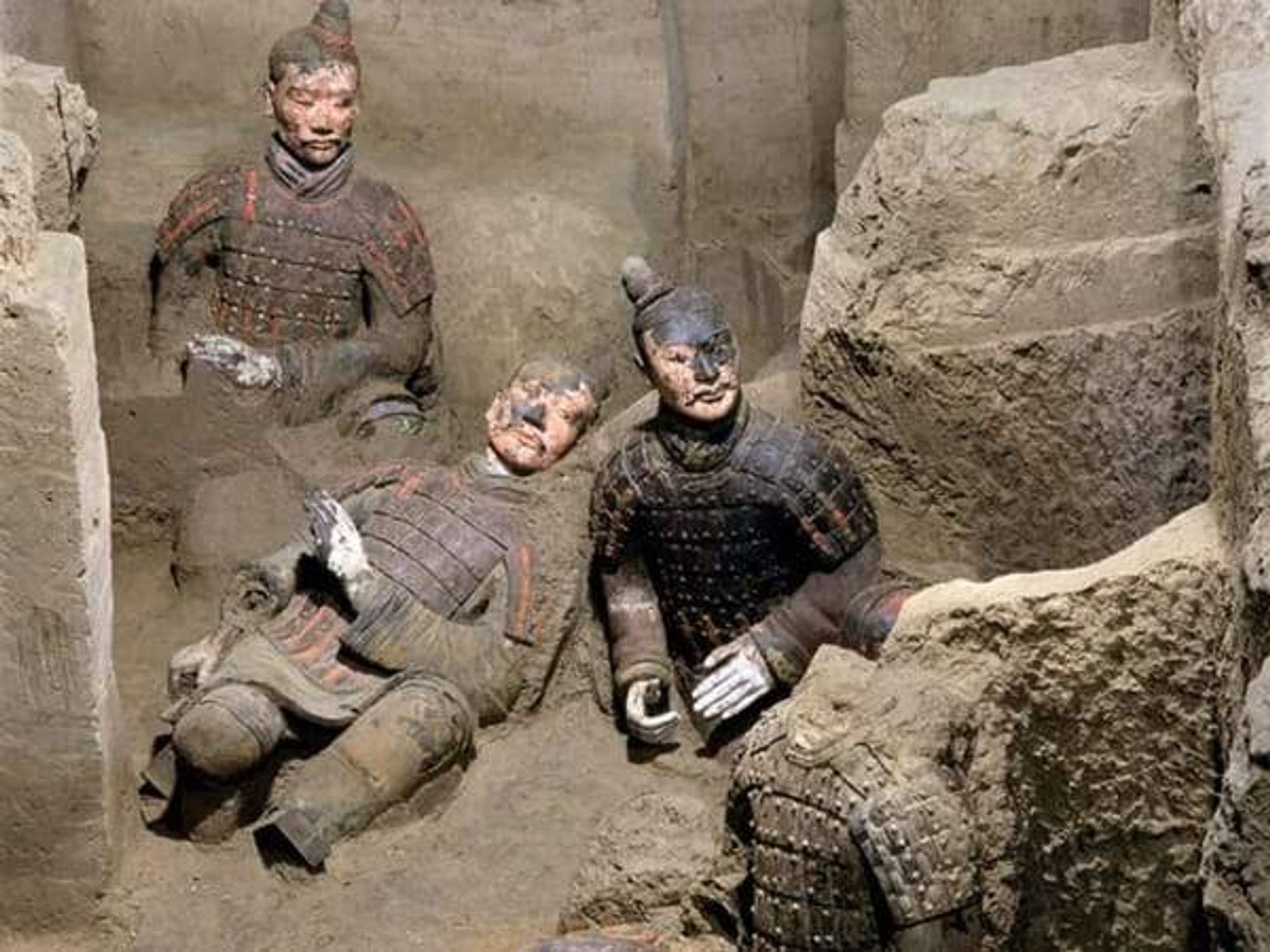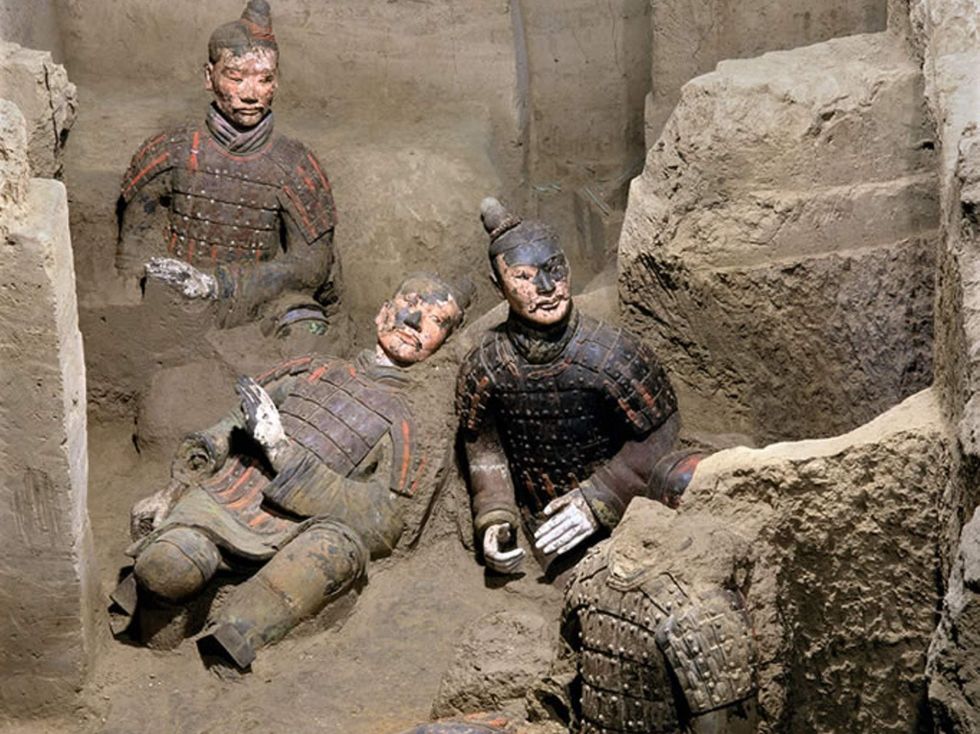A Locke On Houston
Houston politics, family loyalty and murder figure prominently in Empire producer's new mystery
Houston’s own Attica Locke is having a busy month. Her third novel Pleasantville — the second to feature her Gene Locke-like, but not really Gene, character Jay Porter — debuted last week and while she’d like to do several Texas appearances to promote it, her day job is calling her back to work early.
“The fact that I have a character whose name rhymes with Annise Parker was just me having fun,” Locke said, laughing.
That day job? Oh, just a little gig called writing and co-producing on the television mega-smash, Empire.
When we talked recently by phone before her short trip to Houston to read at Brazos Bookstore on April 27, she explained that Pleasantville was almost complete before anyone had ever heard of Empire. In fact, finishing the book gave her a chance to think about television.
“I had Hollywood agents for years. I went to them about doing my own show, and in the process of being back in the building, I said: Let me see what else is out there. When I read Empire, I could not sleep that night. I was floored by it, but more than that, it just got under my skin.”
Building an Empire
Locke is certainly not alone in her reaction; the show broke ratings records in its short first season. While Locke says Empire has been an unexpected “blessing” in her life, she didn’t seem too surprised at its success, calling Empire “unprecedented.”
“I’ve never seen a mother like Cookie...I just think part of why it’s captured so many people is because it feels so incredibly fresh.”
As a co-producer she’s always in the writers’ room contributing to the overall, twisting and shocking story of the Lyon family, but she’s also sometimes called to sit in on the editing and casting process. When I asked her if it required much change in creative perspective going from novelist working alone to being part of a crew of writers, she said it ended up being something of a release.
“For me who never played team sports, this has been a revelation,” she described. “Within a few weeks of us coming together, something shifts and the collective brain of all of us becomes better than any of our individual brains for this show.”
Houston Noir
Though definitely not set in the glamourous, fur-wrapped, Hip Hop world of Empire, Pleasantville does have a few similarities to the drama, including family loyalty and betrayal, a fast paced plot, and murder. The germ of Pleasantville’s story came to Locke back in 2009 when she was supporting her father’s campaign for mayor. Gene Locke lost in a runoff against Annise Parker for the city's highest office in 2009.
“I was block-walking with a cell phone, and the crime writer in me was wondering: Now how are people doing this before cell phones? Because if you’re a woman just walking around, Uh uh. I kind of knew right away that this story would start with a girl who was canvassing and went missing.”
And so begins Pleasantville, set on a Houston election night in 1996. That canvasser is found dead and evidence points to the client of attorney Jay Porter, the flawed hero of the novel. Complicating matters even more is that the accused is the campaign manager and nephew of the frontrunner Axel Hathorne, who, if elected in the runoff, will be Houston’s first black mayor.
Fiction vs. Reality
Locke does a fascinating balancing act of using real Houston places and history as the setting for her mostly, though perhaps not completely, fictional characters. Hathorne has a few similarities to former mayor Lee Brown, but only a few. Pleasantville is a real and culturally rich neighborhood in Houston, but Locke moves its location for plot purposes. And what about that rather unsavory political consultant Reece Parker?
One of the reasons that Locke set the novel in 1996 is that this was one year after the Houston Post shut down, an event, she believes, that changed Houston.
“The fact that I have a character whose name rhymes with Annise Parker was just me having fun,” Locke said, laughing. “I get so caught up in the book, I forget that I did that. I really had forgotten many times, and then when I remember, it just makes me laugh.”
The depiction of the Houston Chronicle is definitely not a joke. One of the reasons that Locke set the novel in 1996 is that this was one year after the Houston Post shut down, an event, she believes, that changed Houston.
“There is a problem with having a major metropolis with only one paper. The problem is they can be as lazy as they want to be because who’s going to stop them.”
Though this fictional '90s election is not a retelling of the actual 2009 election, it’s obvious talking to Attica Locke that working on the unsuccessful campaign for Gene Locke contributed to her portrayal of the already-cynical Jay Porter’s further disillusionment.
“On a bigger level as a citizen, it made me realize that what I was witnessing, the gamesmanship and all that stuff, is going on in every election I ever voted in,” she said, discussing her father’s mayoral run. “So how many times did I stand at a voting booth thinking that I was making a powerful choice, but I didn’t really know half of what was going on? It made democracy feel like an illusion.”
As disheartening as Locke’s personal disillusionment is, it’s readers who might benefit, because beneath its satisfying whodunit exterior, Pleasantville contains complex commentary on race, politics, the law and democracy.
And who knows, maybe some of Locke’s political insights will end up on the next season of Empire. Cookie Lyon for mayor anyone? With Locke already returning to the writers’ room, we might just get those sensational stories back on our screens before we know it.
-------------------
Attica Locke will make a personal appearance at Brazos Bookstore April 27 at 7 p.m. and read from her new book, Pleasantville.








